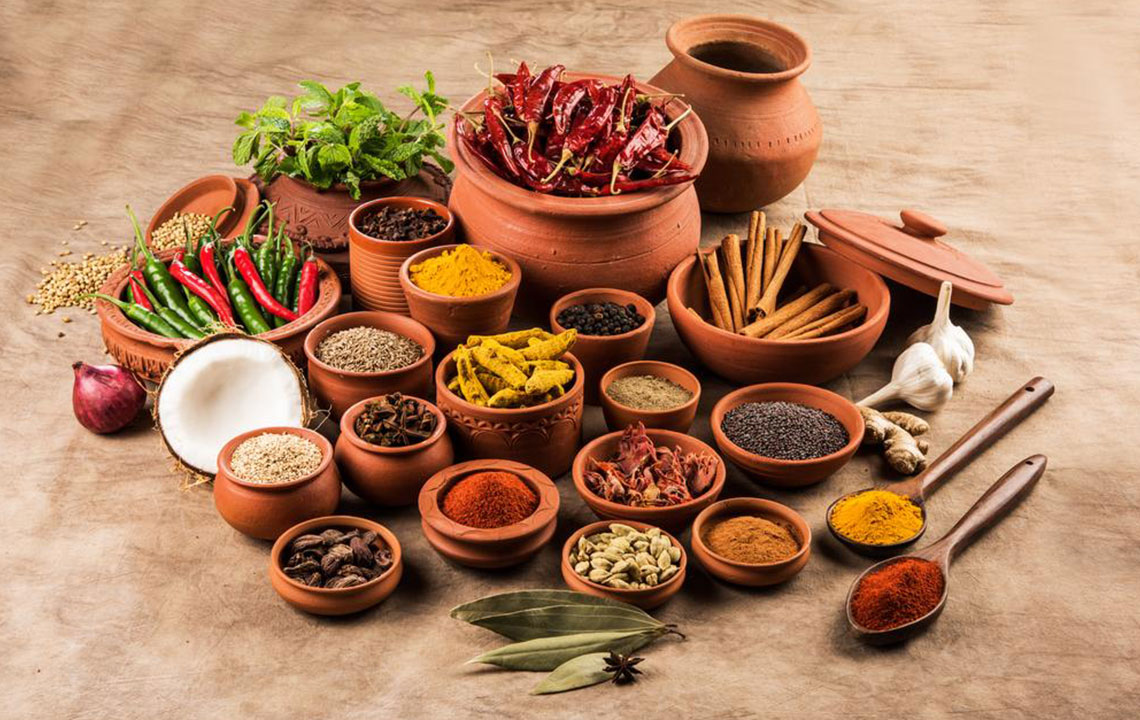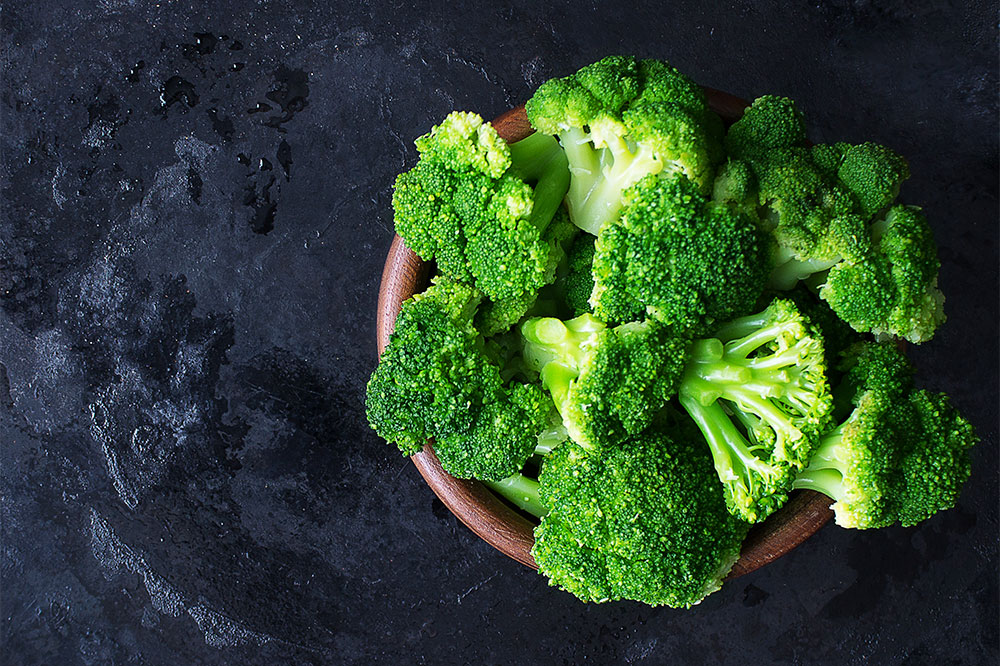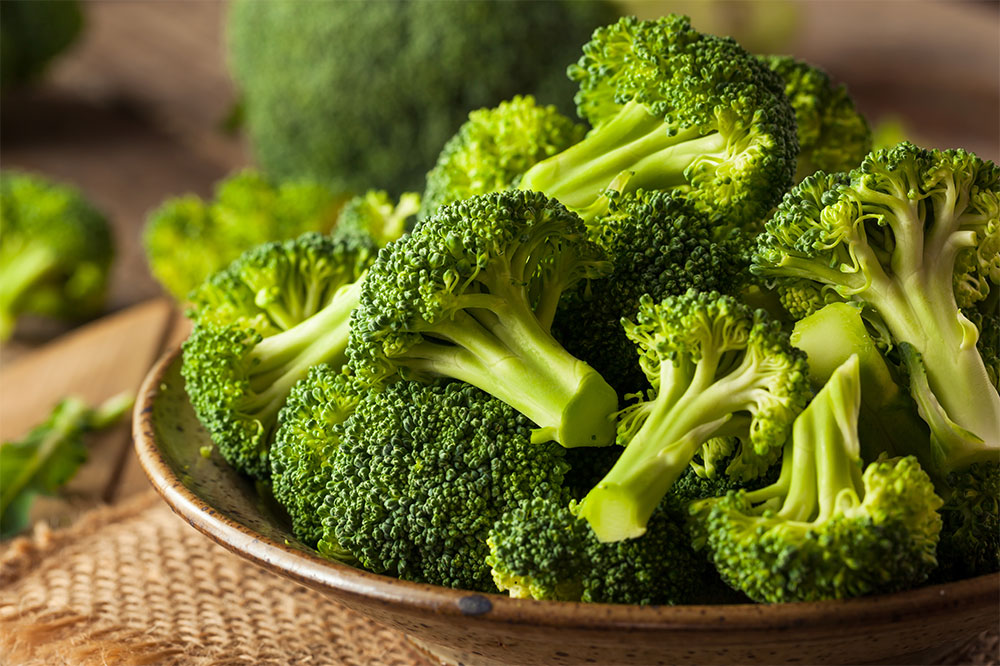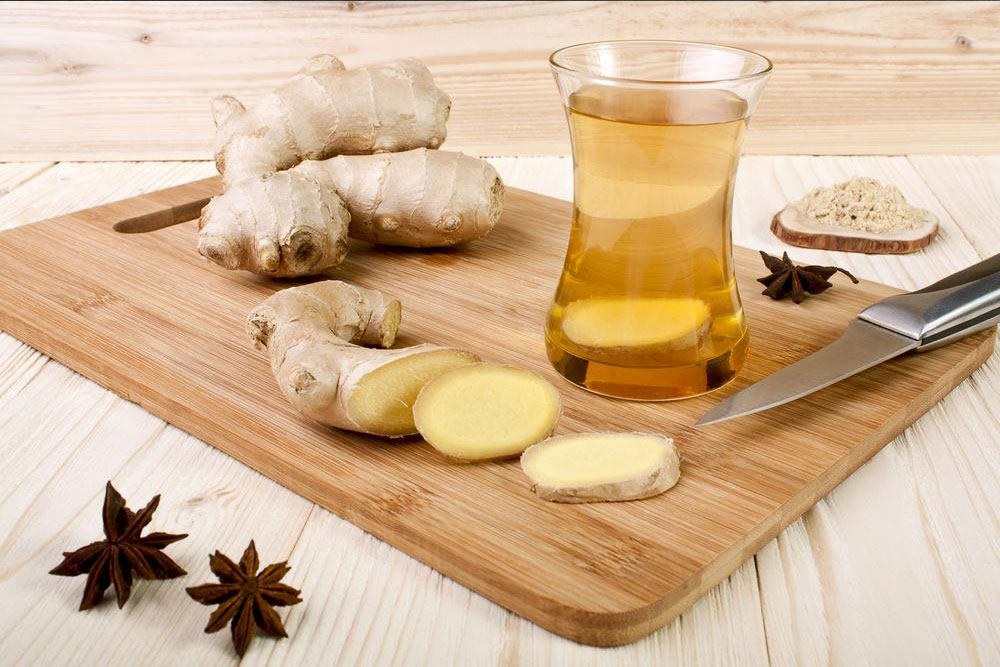Top 6 Herbs and Spices That May Help Prevent Cancer
Explore six well-known herbs and spices reputed for their potential cancer-preventive properties. Incorporating these natural ingredients into your diet may help reduce the risk of certain cancers. This guide details the benefits and uses of black pepper, cayenne, cumin, holy basil, garlic, and rosemary, along with important precautions. While scientific evidence varies, these botanicals are a flavorful way to support overall health and wellness, complementing conventional medical treatments where appropriate.

Top 6 Herbs and Spices That May Help Prevent Cancer
Cancer, often called the "emperor of illnesses," impacts nearly one million individuals within the country and ranks as the second leading cause of death worldwide, after heart disease. It frequently affects those with a hereditary predisposition, as cancer-causing genes are passed through families. Additionally, prolonged exposure to radiation or harmful chemicals—due to occupational hazards or lifestyle choices like smoking—can also trigger cancer development. Preventing cancer in such cases remains challenging without eliminating all risk factors.
Nonetheless, alternative medicine suggests certain herbs and spices might lower the risk of some cancers. While scientific evidence is limited, incorporating these botanicals into daily diets may offer protective benefits against specific cancer types. Here are some notable herbs and spices associated with cancer prevention.
Black Pepper
Black pepper contains piperine, a compound known to inhibit the growth of cancer cells, especially in breast cancer cases. It also has anti-inflammatory and anti-cancer properties that help combat oxidative damage caused by free radicals. Black pepper can boost the effectiveness of some cancer treatments. Adding freshly ground black pepper to dishes like soups, salads, or pasta enhances flavor and health benefits. It’s more potent when freshly ground compared to pre-packaged powder.
Cayenne Pepper
Consisting of capsaicin, cayenne pepper delivers antioxidant properties that may help prevent and reduce tumor size in prostate cancer. It also aids weight loss and blood pressure regulation. Spicing up foods such as sauces, dips, or sprinkling on snacks like popcorn and pizza can add flavor and potential health benefits. Incorporate cayenne into smoothies for an extra spicy kick.
Cumin
The active compound thymoquinone in black cumin provides antioxidant and chemopreventive effects, helping to slow the growth of cancer cells. Using black cumin seed oil in cooking—soups, stews, dressings, or grilled meats—can reduce risks linked to leukemia, breast, or prostate cancers. Creating homemade cumin oil for dietary use ensures maximum purity and benefits.
Holy Basil
Known for its protective role against chemically induced cancers like lung, skin, and colorectal cancers, holy basil contains antioxidants that inhibit cancer cell growth. It can be consumed fresh in salads or as extracts and supplements—consult a healthcare provider before use. Using fresh basil leaves in everyday dishes enhances protection more than extracts alone.
Garlic
Garlic is renowned for its cancer-fighting properties, owing to organosulfur compounds that strengthen immunity and impede cancer development. Regular intake can lower risks of lung, breast, uterine, and colon cancers. Its versatile nature allows it to be added to many dishes—garlic bread, sauces, stews, stir-fries, or roasted cloves—adding flavor and health benefits.
Rosemary
This aromatic herb contains compounds like rosmarinic and carnosic acid, which assist in reducing the risk of breast, prostate, and lung cancers. Rosemary also supports chemotherapy treatments by inhibiting cancer cell growth. It can be used in sauces, roasted meats, or infused oils for salads. Adding rosemary to various recipes brings both flavor and potential protective effects.
Note:
This blog provides helpful information on various topics, aiming to support readers with research-based insights. However, articles should not be viewed as definitive medical advice. The website disclaims responsibility for data discrepancies or inaccuracies. Readers should consult healthcare professionals for personalized guidance, especially when considering herbal supplements or dietary changes for health reasons.










